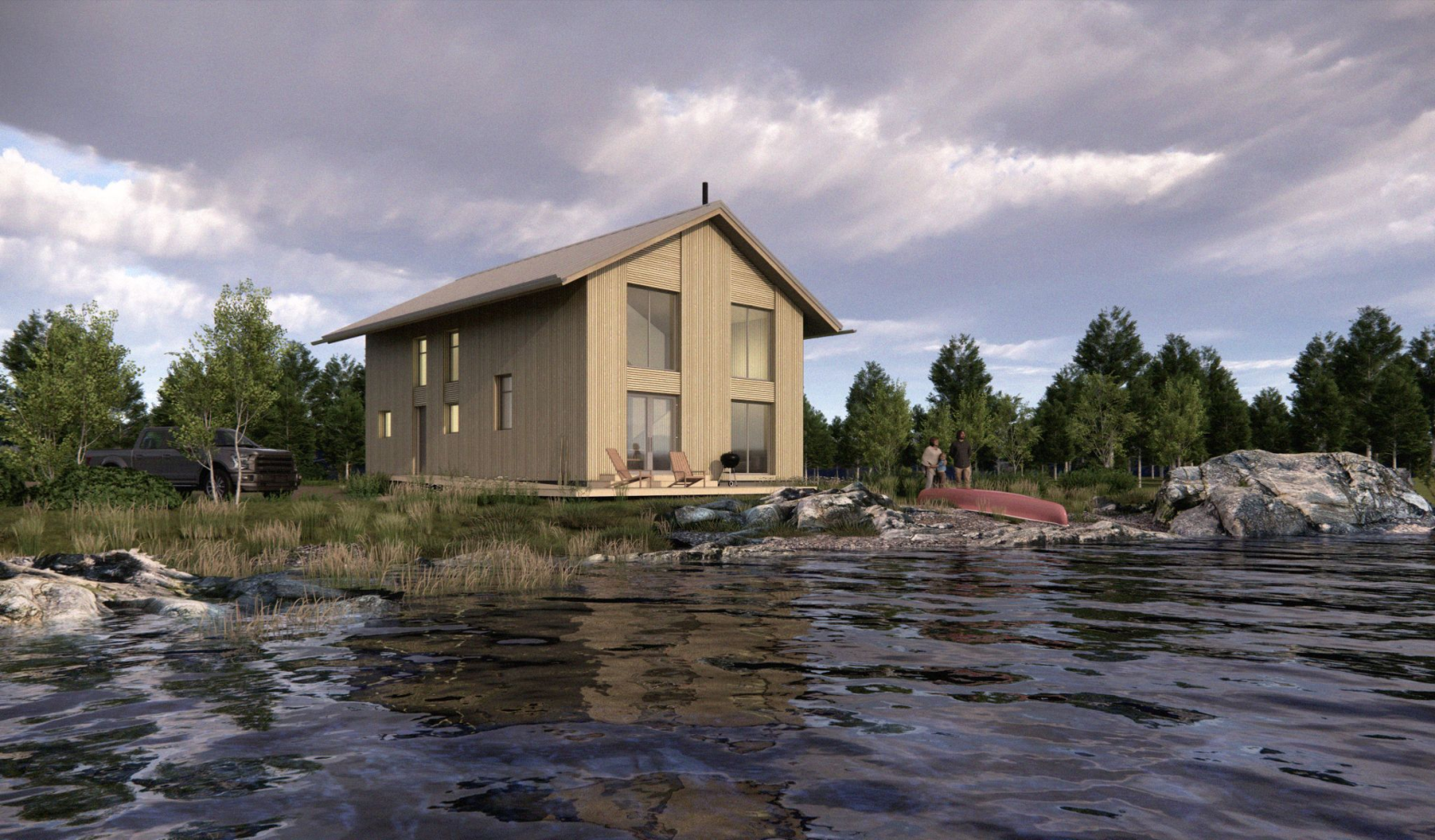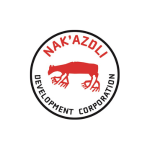
Mass Timber Home Kits
Providing a low-cost, high-performance timber alternative to the housing construction market.
Project Overview
Updated October 24, 2024
The Problem
The growing demand for housing in British Columbia drives an urgent need to scale the production of sustainable materials and address supply chain bottlenecks. The challenge lies in leveraging existing materials and integrating innovative processes for compressing and densifying lumber to provide the resources needed to house British Columbians now and into the future.
How We Are Solving It
Led by Nak’azdli Development Corporation, in collaboration with Deadwood Innovations, Prakash Architects and Gehloff Consulting, this project promotes sustainable construction by developing and utilizing densified aspen mass timber panels for home building, capitalizing on underutilized aspen to create a cost-effective, eco-friendly, and visually appealing material. By enhancing aspen’s strength through densification, the project introduces a low-cost, high-performance option to the mass timber market, which has traditionally been dominated by slower-growing species like spruce, pine, and fir.
The Mass Timber Home Kits initiative harnesses digital design innovation in the construction process through Building Information Modeling (BIM) software, providing a transformative approach to architecture and engineering. By integrating cost and environmental performance metrics directly into BIM, design decisions can be informed by real-time data, ensuring cost efficiency and sustainability from the start. Mass timber homes can be designed and manufactured on-site, significantly reducing costs, materials, and time.
Mass timber home kit production is estimated to reduce housing construction time by 10-50%. Furthermore, off-site construction is estimated to reduce construction costs by 10-20%, with aspen being approximately 3% to 52% less expensive than the standard wood species. The project will establish a comprehensive supply chain that encompasses forest rights holders, lumber mills, and the densification and manufacturing processes, all situated within the region. Focusing locally will cut down on the carbon footprint from transporting materials, boost the local economy, and ensure stable, sustainable supply of aspen mass timber panels. A cornerstone of the project is a partnership between the Nak’azdli Whut’en community, private business, and public institutions that aligns with the values and priorities of the Indigenous Peoples on whose land the project takes place. A commitment to sustainable and responsible forestry practices in Central British Columbia, an area increasingly prone to wildfires, is foundational. Incorporating aspen, known for its rapid growth and ability to contribute to forest diversity and natural fire breaks, aligns with ecological management goals and supports the regeneration of healthy, resilient forest ecosystems.
The project’s location on First Nations land and the active involvement of First Nations communities in leadership roles foster meaningful partnerships, promote cultural understanding, and enhance respect for Indigenous land stewardship practices. This collaboration also enables the integration of traditional knowledge and practices into sustainable housing development.



